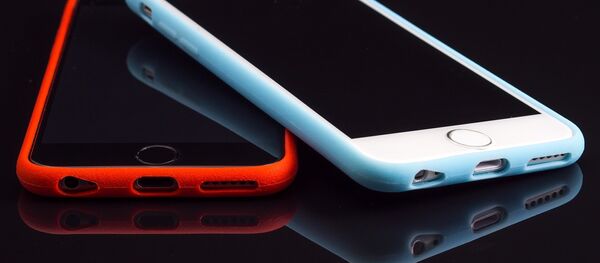According to the researchers, the app identifies atrial fibrillation with more than 95 percent certainty. Researcher Tero Koivisto said the method was a cost-effective, non-invasive and accessible way to detect atrial fibrillation at an early stage, which may be performed without help from any medical staff and facilitates further treatment. Given the widespread use of smartphones, it may be used by large populations worldwide.
Currently, atrial fibrillation is mostly detected by relatively large and costly electrocardiogram (ECG) devices, which require a patch or wires that are clumsy to use. Moreover, continuous contact with electrodes tends to irritate the skin, Science Daily reported.
The Finnish study tested the ability of a smartphone to detect atrial fibrillation without any add-on hardware. The study included 16 patients with atrial fibrillation from the Turku Heart Centre. In addition, 20 recordings from healthy people were used as a proxy to validate the developed algorithm.
According to Professor Juhani Airaksinen from Turku University, about 70 percent of ischemic strokes caused by atrial fibrillation may be avoided with preventive medication.
"The main challenge is that fibrillation often occurs at random and displays few symptoms or even happens asymptomatically, which makes it difficult to detect, whereas timely preventive treatment may help," Airaskinen told Savon Sanomat.
The application is planned to be made available for consumers next year. In the future, a secure cloud service could be created to store and analyze larger amounts of data.




